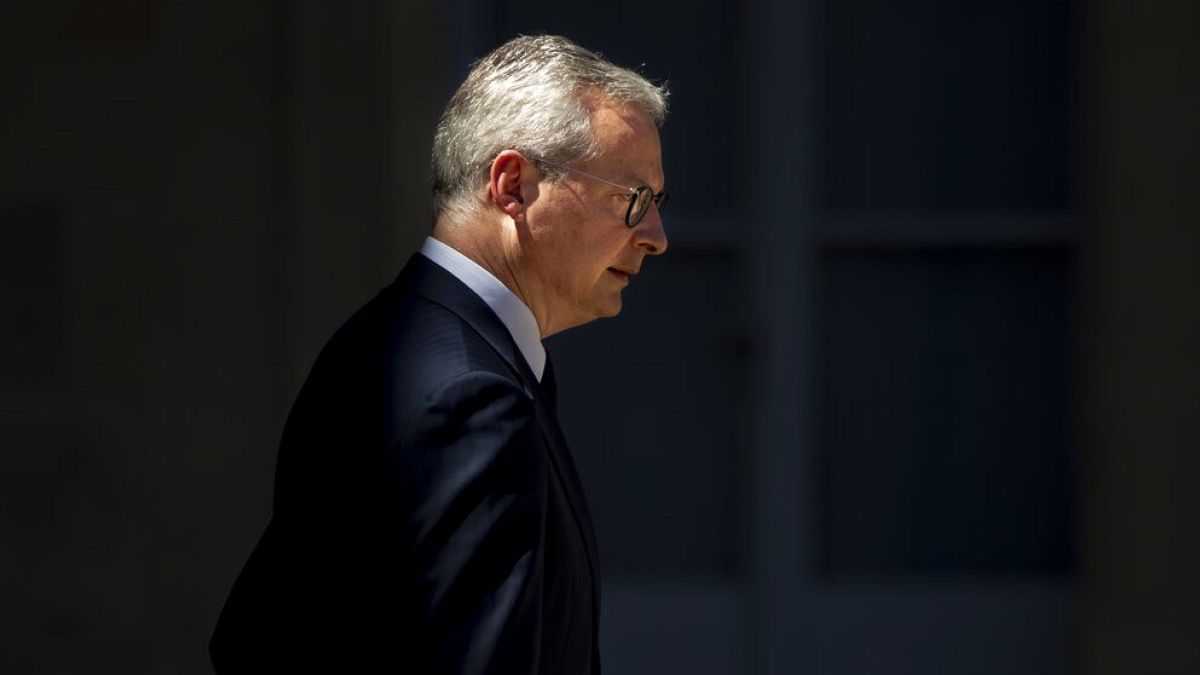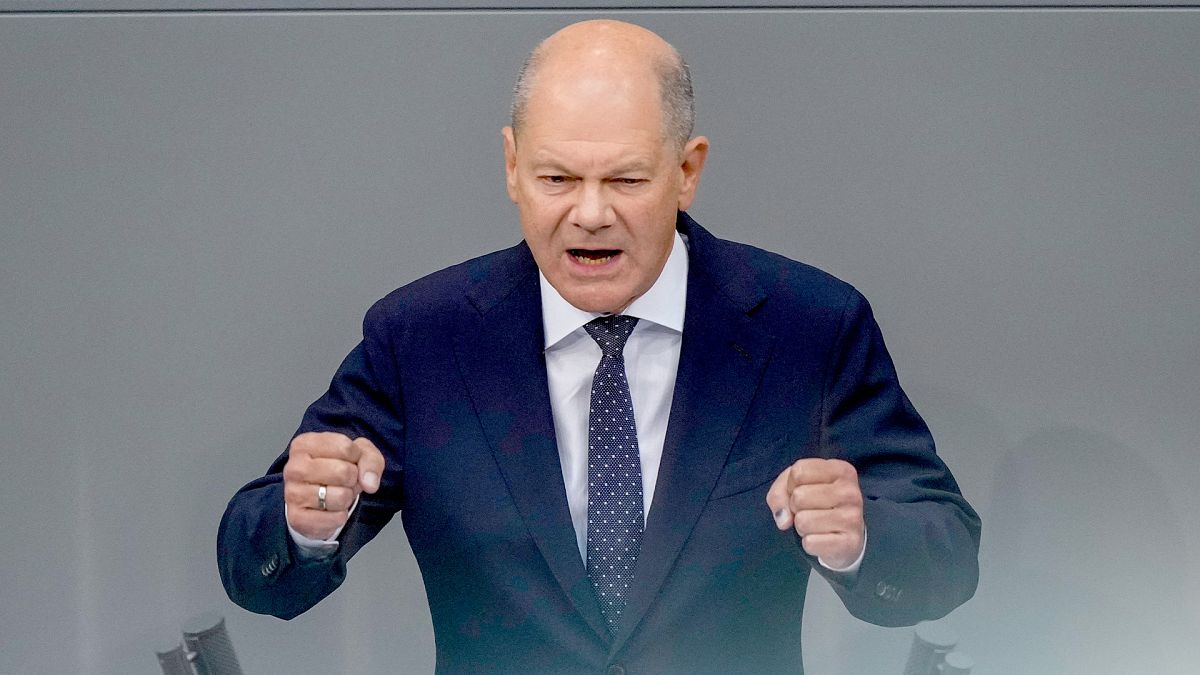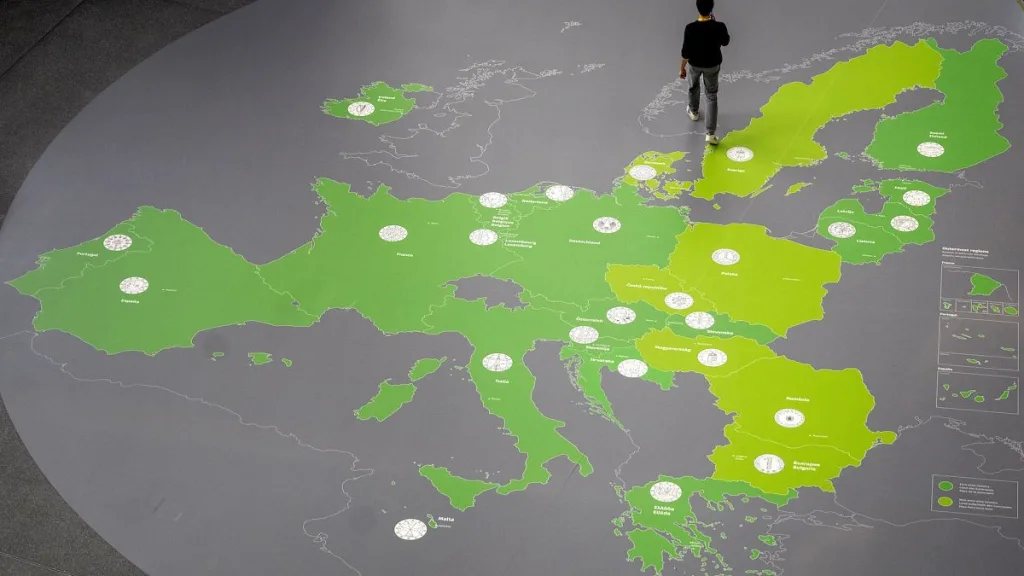France’s Finance Minister, Bruno Le Maire, bids farewell, departing just two months after the surprising outcome of the recent legislative elections that has cast doubt on the nation’s economic future.
In his farewell speech, Le Maire announced, “My dear friends, I am leaving. As Michel Sardou would say, I love you, but I am leaving,” addressing an audience of 1,200 attendees.
Having served in the finance role for over seven years, the Republican politician has faced significant challenges, particularly in managing France’s budget deficit.
In 2023, the public sector budget deficit in France expanded more than anticipated, revealing a fiscal shortfall equivalent to 5.5% of the country’s economic output. This figure surpasses the government’s target of 4.9%, attributed to sluggish growth and dwindling tax revenues.
Earlier this year, Le Maire commented, “State finances must be readjusted … that will require a great deal of determination, strategy, and composure.”
Credit rating agency S&P downgraded France’s credit rating in late May due to the deficit, indicating that French bonds have become riskier investments. This downgrade marks the first decline since 2013.
Fiscal Stability Amid Political Uncertainty
Le Maire’s plans to restore state finances were disrupted by the recent legislative elections. The far-left New Popular Front (NFP) party secured the largest share of votes with 182 seats, while President Emmanuel Macron’s centrist Ensemble party followed closely with 168 seats. The far-right National Rally party and its allies obtained 143 seats, resulting in a fragmented parliament without any party achieving an absolute majority.
President Macron has appointed conservative Michel Barnier as the new prime minister, but the formation of a new government remains pending. Barnier stated that a new government will be appointed “next week,” although NFP leaders have made it clear they will not support any government not led by their party.
In his final address, Le Maire expressed gratitude to the ministers he worked with, stating, “Against the waltz of taxes, we have chosen fiscal stability; against the downgrading of the middle classes, we have revalued work; against mass offshoring, we have initiated the reindustrialization of our regions; and against criticism of France, we have made France the most attractive nation in Europe.”
Photo credit & article inspired by: Euronews



